Why USB Hubs are Essential for Expanding Your Device’s Connectivity
22 April 2025
In today’s tech-driven world, we all have a growing number of gadgets and devices that need to connect to our computers. Whether you're working from home, gaming, or just trying to keep your workspace clutter-free, you've probably run out of USB ports at some point. And that’s where USB hubs come to the rescue. They might seem like tiny, simple gadgets, but oh boy, they pack a punch when it comes to expanding your device’s connectivity.
You might be wondering: “Do I really need a USB hub?” Well, let’s dive in and explore the many reasons why USB hubs are not just helpful, but downright essential in today’s tech-heavy world.
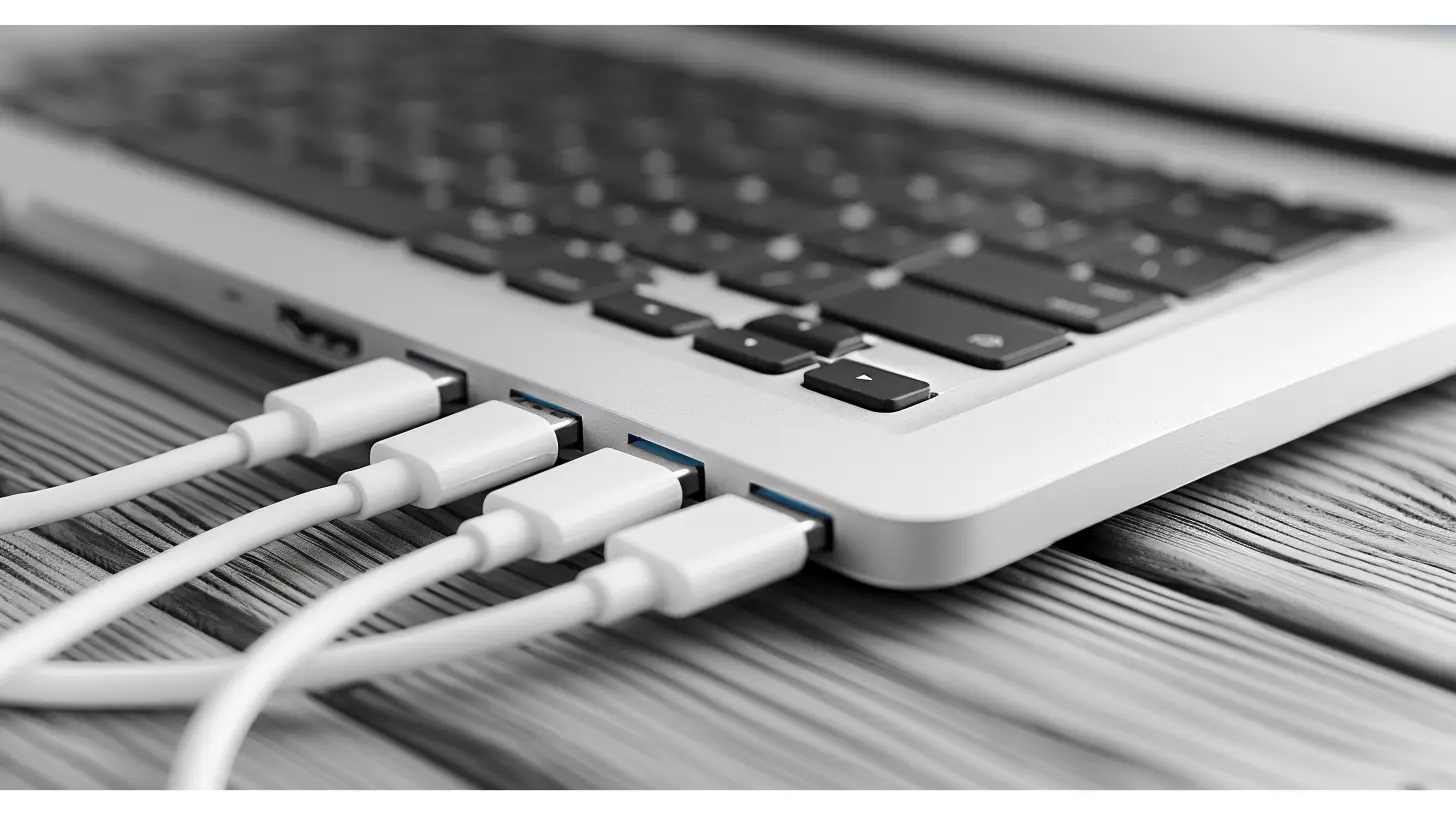
What Is a USB Hub?
Let’s start with the basics. A USB hub is a device that lets you connect multiple USB devices to a single port on your computer or laptop. Think of it as a power strip but for your USB ports. Instead of being stuck with just 2 or 3 ports on your laptop, a hub opens the door to more connections, allowing you to plug in multiple devices at once.Now, you're probably thinking, “Okay, that sounds convenient, but why would I need one?” Hold on, because we're about to get into all the reasons why having a USB hub is practically a necessity these days.
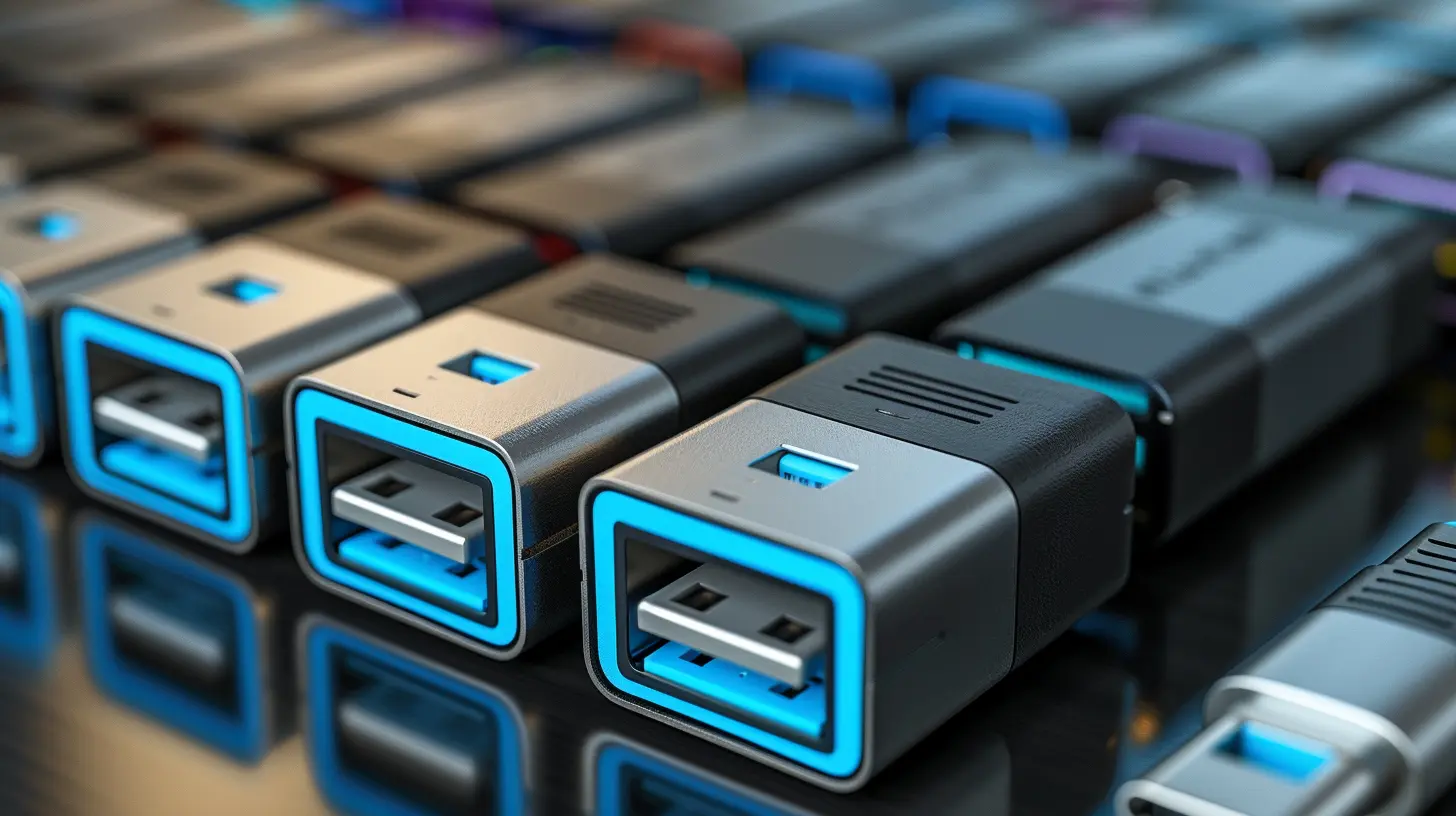
Why Do You Need More USB Ports?
1. Modern Laptops Have Fewer Ports
It’s no secret that modern laptops are getting slimmer—sleek designs, minimalistic looks, and, unfortunately, fewer ports. Manufacturers are prioritizing aesthetics and portability over the number of built-in ports. Take the MacBook Air or Dell XPS, for example. They're beautiful machines, but they seriously lack in the port department.With laptops now having as few as one or two USB-C ports, you’re left with a frustrating dilemma: how do you connect your mouse, keyboard, external hard drive, and phone charger all at the same time? Spoiler alert: you can’t—unless you have a USB hub.
2. Multiple Devices, One Connection
Let’s be real: we all use a ton of devices. From keyboards and mice to smartphones, tablets, cameras, printers, and external storage drives, the list goes on and on. And it’s not just about plugging them in; you need to charge them too!Ever find yourself in the middle of a project and suddenly your wireless mouse dies? Or you realize your external hard drive needs to connect, but all your ports are taken? It’s a juggling act, but USB hubs make it easy. You can connect all your devices without having to unplug something else. It’s like adding lanes to a busy highway—everyone gets through faster and smoother.
3. Streamline Your Workspace
Nobody likes a cluttered desk. Cables running everywhere, devices scattered all over the place—it’s enough to drive anyone crazy. A USB hub helps you streamline your workspace. Instead of having cords running to different parts of your desk, you can have one central hub where everything is plugged in neatly.It’s like having a central charging station for all your devices. And if your hub is small enough, it can even be tucked away, keeping your desk clean and organized. Plus, fewer cables mean fewer chances for accidents like tripping over wires or accidentally yanking something off your desk.
4. Charge Multiple Devices at Once
Many USB hubs offer more than just data transfer—they also provide charging capacity. Some USB hubs come equipped with dedicated charging ports that let you charge multiple devices at the same time, even if your computer is turned off.Imagine this: You’re working on your laptop, but your phone, smartwatch, and wireless earbuds are all low on battery. Instead of rotating between charging them one by one, you can simultaneously juice them all up, thanks to your trusty USB hub. It's like having your own personal charging station that’s always ready to go.
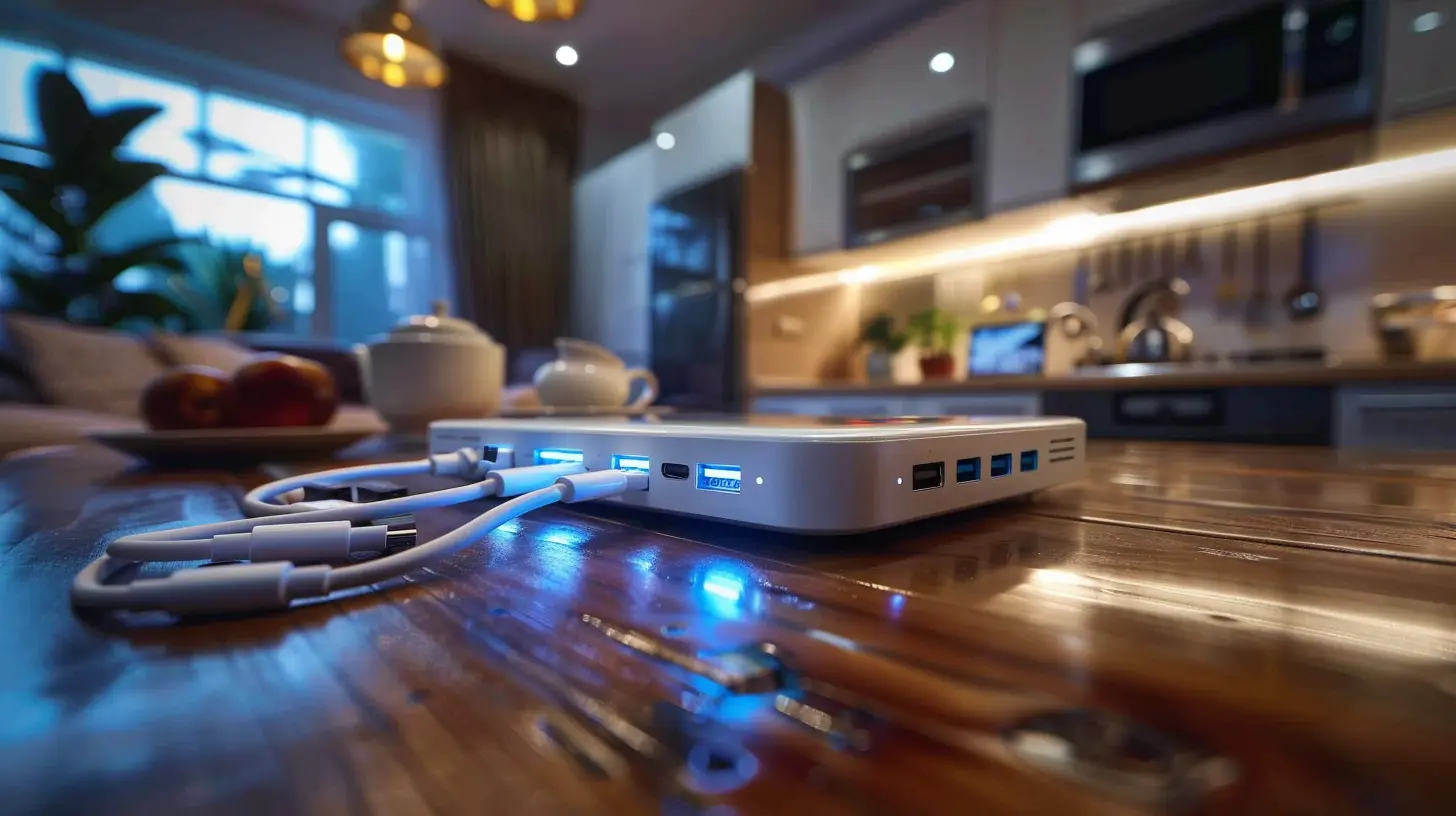
Types of USB Hubs
Not all USB hubs are created equal. Depending on your needs, you might want to consider different types of hubs. Let’s take a quick look at the most common ones:1. USB 2.0 Hubs
These are the most basic types of hubs. They offer decent data transfer speeds (480 Mbps) and are typically cheaper. If you’re only connecting peripherals like keyboards, mice, or printers, a USB 2.0 hub might be all you need.2. USB 3.0 Hubs
If you need faster data transfer speeds (up to 5 Gbps) for devices like external hard drives, cameras, or gaming accessories, then a USB 3.0 hub is the way to go. They are backward compatible, meaning you can still plug in older USB 2.0 devices.3. USB-C Hubs
With more devices adopting USB-C as the standard, USB-C hubs are becoming increasingly popular. These hubs not only expand your USB ports but also offer additional features like HDMI, SD card slots, and Ethernet ports. If you own a modern laptop with limited USB-C ports, this type of hub is a must-have.4. Powered USB Hubs
A powered USB hub comes with its own external power source. This means it can provide more power to connected devices, allowing you to charge high-powered devices like tablets or even run external hard drives without draining your laptop’s battery. Powered hubs are perfect if you need to connect multiple power-hungry devices simultaneously.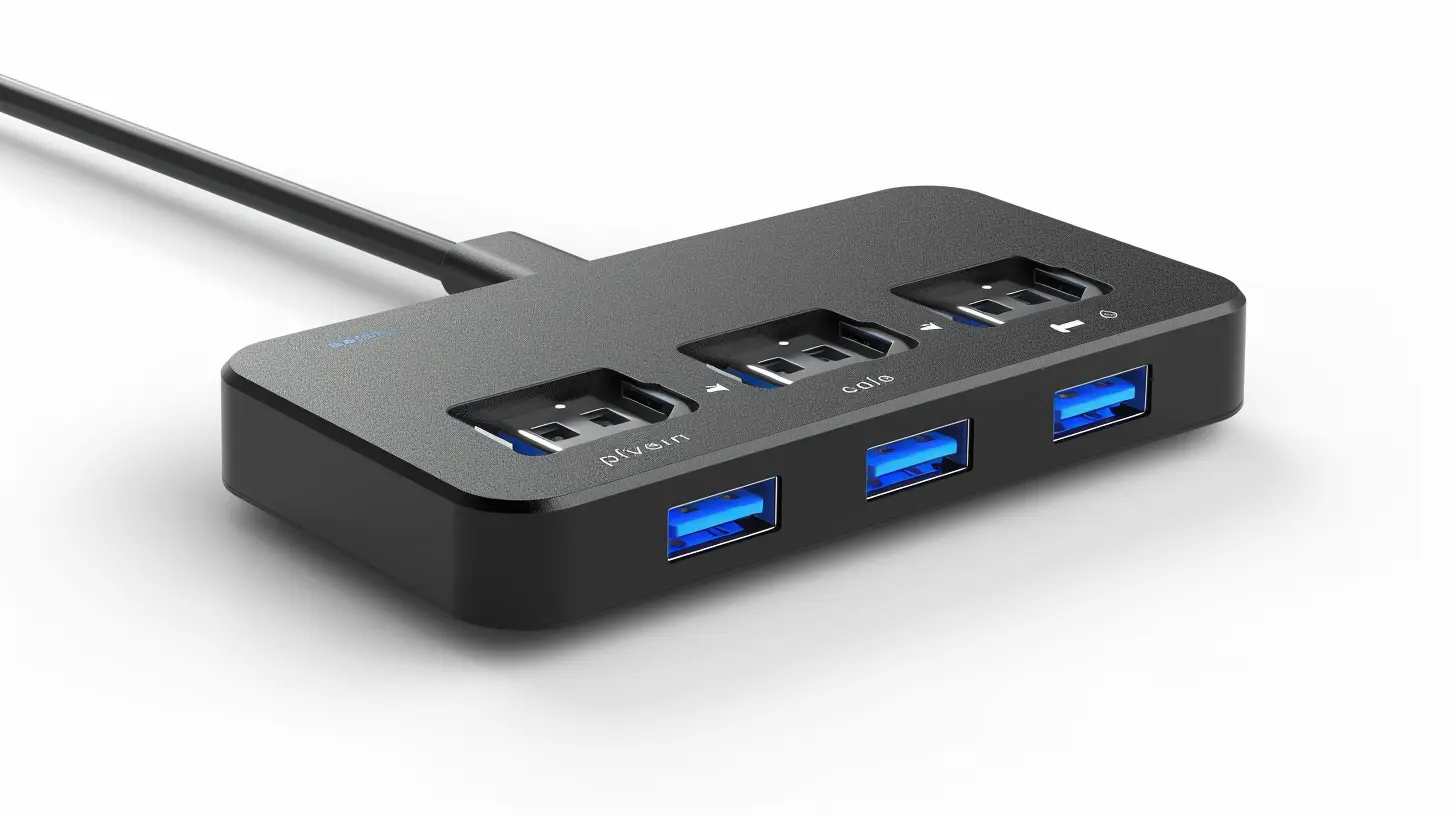
How USB Hubs Improve Productivity
1. No More Plug-and-Unplug Routine
Ever been in the middle of a task, only to realize you need to unplug one device to connect another? It’s annoying and can really break your flow. USB hubs eliminate this hassle. Once everything’s plugged in, you can just keep working without interruptions.Think of it as removing speed bumps from your workflow. You can focus on what you’re doing instead of constantly stopping to manage your connections.
2. Centralized Device Management
If you’re working with multiple devices—like external hard drives for backups, flash drives for transferring files, and printers for documents—a USB hub keeps everything in one place. No more reaching around your desk or crawling under it to find an available port. Everything is right there, easy to access.3. Improved Collaboration
If you’re working in an office or with a team, a USB hub can make sharing files and devices a breeze. Need to quickly share a document from your external drive? Just plug it into the hub and pass it over. Need to print something? Plug in the printer once, and everyone can use it.The Future of Connectivity
With the rise of USB-C and Thunderbolt technologies, the way we connect devices is evolving. But even as technology progresses, the need for more connectivity options isn’t going away anytime soon. USB hubs are adapting to modern needs, offering not just more ports but additional features like HDMI outputs, SD card readers, and even Ethernet ports for faster internet connections.So, even in a future filled with wireless technology, USB hubs will continue to play an essential role in keeping us connected.
What to Look for When Buying a USB Hub
Before you rush out to buy one, there are a few things you should keep in mind:1. Number of Ports
How many devices do you need to connect? Make sure the hub has enough ports to meet your needs (with a little extra room for future devices).2. Power Source
If you're connecting power-hungry devices (like external hard drives or tablets), consider a powered USB hub. This will ensure your devices get enough juice without overloading your computer’s ports.3. Data Transfer Speed
If you're transferring large files (like videos or high-res images), go for a USB 3.0 or USB-C hub. The faster data speeds will save you a lot of time.4. Port Type
Make sure the hub has the right type of ports for your devices. If you have mostly USB-A devices, a USB-C hub might not be helpful unless it includes adapters or backward compatibility.Conclusion: USB Hubs Are Your Connectivity Lifesaver
In a world where we’re constantly juggling multiple devices and running out of ports, USB hubs are not just nice to have—they’re essential. They expand your connectivity, streamline your workspace, and help improve your productivity. Whether you're a student, a professional, or a gamer, a USB hub can make your tech life a whole lot easier.So, if you’re tired of constantly swapping devices or running out of charging ports, it’s time to invest in a USB hub. Trust me—once you have one, you’ll wonder how you ever lived without it!
all images in this post were generated using AI tools
Category:
Computer PeripheralsAuthor:

Adeline Taylor
Discussion
rate this article
7 comments
William Oliver
USB hubs are vital for maximizing device connectivity, allowing you to connect multiple peripherals seamlessly. They enhance productivity by providing extra ports for all your essential devices.
May 14, 2025 at 12:16 PM

Adeline Taylor
Thank you for your insightful comment! Indeed, USB hubs play a crucial role in enhancing connectivity and boosting productivity by allowing easy access to multiple peripherals.
Kai Banks
Great article! USB hubs really are lifesavers when you're juggling multiple devices. It's amazing how something so small can make such a big difference in our daily tech lives!
May 7, 2025 at 4:42 AM

Adeline Taylor
Thank you! I'm glad you found the article helpful. USB hubs truly do make managing multiple devices so much easier!
Rhett Sweeney
Absolutely loved this article! USB hubs are game-changers for enhancing connectivity and convenience in our tech-savvy lives. They transform clutter into organized efficiency, making it easy to connect multiple devices. A must-have for every tech enthusiast!
May 5, 2025 at 8:38 PM

Adeline Taylor
Thank you! I'm glad you enjoyed the article and agree on the importance of USB hubs in enhancing connectivity and organization.
Lola Bennett
USB hubs enhance device connectivity, making multitasking and device management effortless. Essential!
May 4, 2025 at 2:32 AM

Adeline Taylor
Thank you for your comment! I completely agree—USB hubs truly streamline multitasking and simplify device management.
Helen McGrath
This article highlights the often-overlooked importance of USB hubs in our increasingly connected lives. They not only enhance device connectivity but also streamline workflows, making them indispensable for anyone juggling multiple gadgets. A must-read for tech enthusiasts!
April 24, 2025 at 4:21 AM

Adeline Taylor
Thank you for your thoughtful comment! I'm glad you found the article valuable in highlighting the role of USB hubs in enhancing connectivity and productivity.
Dax McClary
Great insights on connectivity!
April 23, 2025 at 7:02 PM

Adeline Taylor
Thank you! I'm glad you found the insights valuable.
Peregrine Black
USB hubs significantly enhance connectivity and simplify device management.
April 22, 2025 at 7:39 PM

Adeline Taylor
Thank you! Absolutely, USB hubs are key for streamlining connections and managing multiple devices efficiently.
MORE POSTS
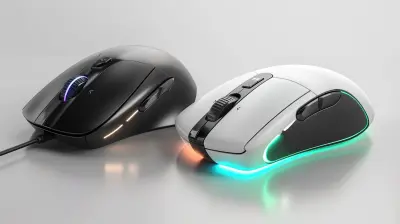
Wireless vs. Wired Mice: Which is Better for You?
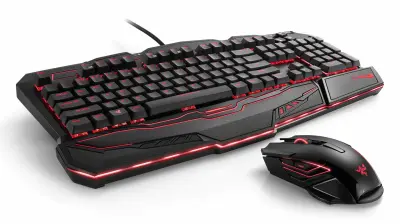
The Best Wireless Gaming Keyboards for Lag-Free Performance

The Role of Open Source in Modern Software Development

The Impact of Low-Code Platforms on the Developer Community

How to Customize Your Gaming Laptop for Peak Aesthetic Appeal

How to Prolong the Battery Life of Your Wireless Earbuds